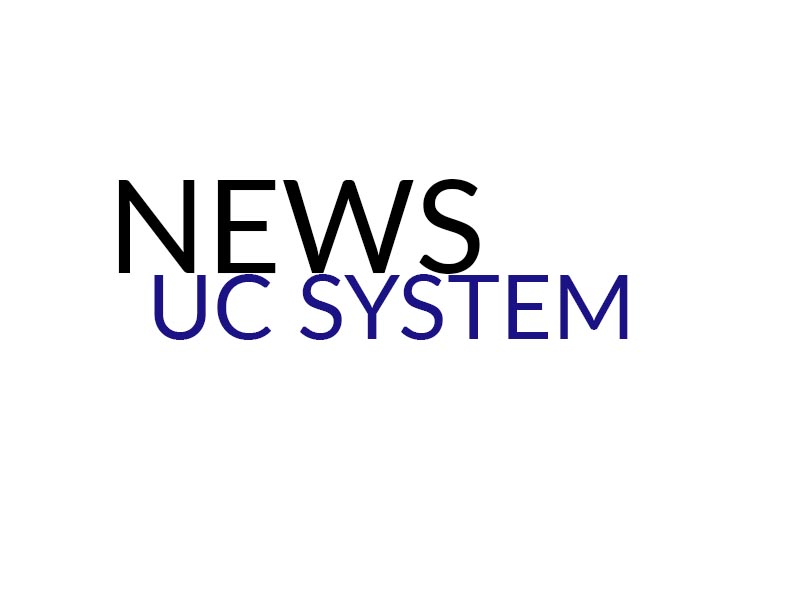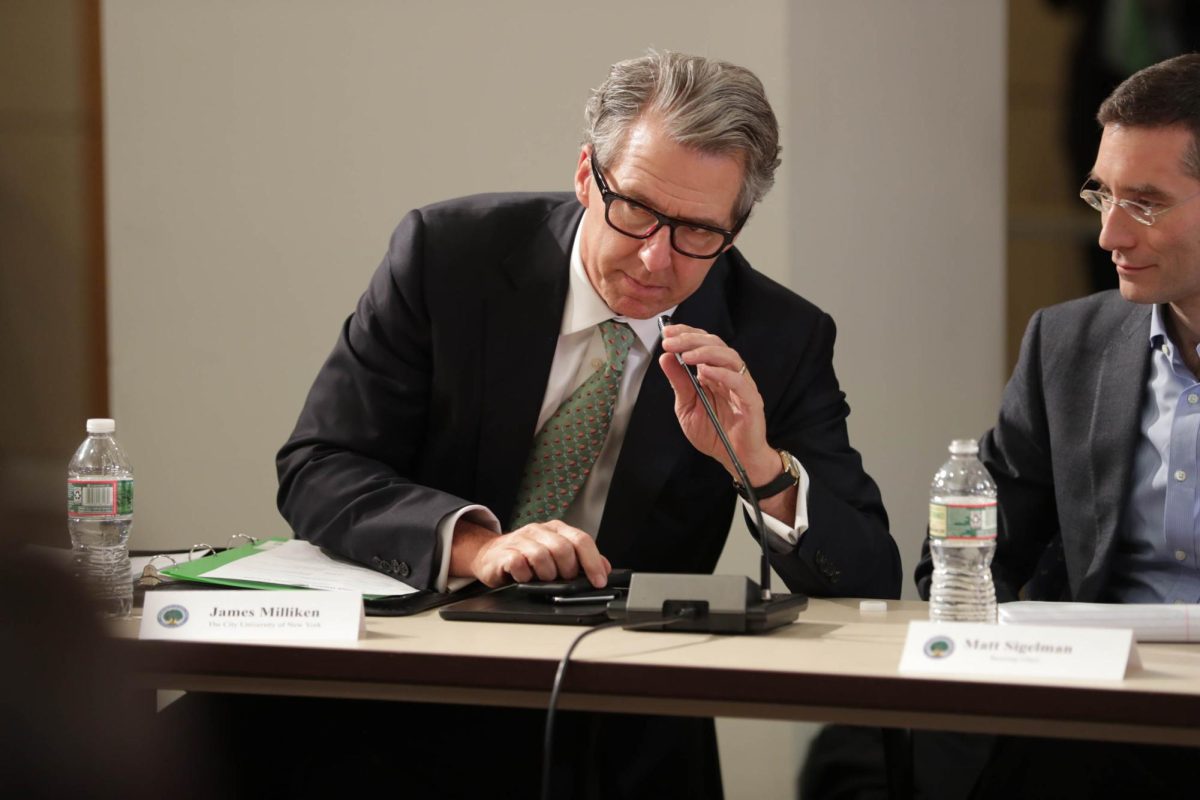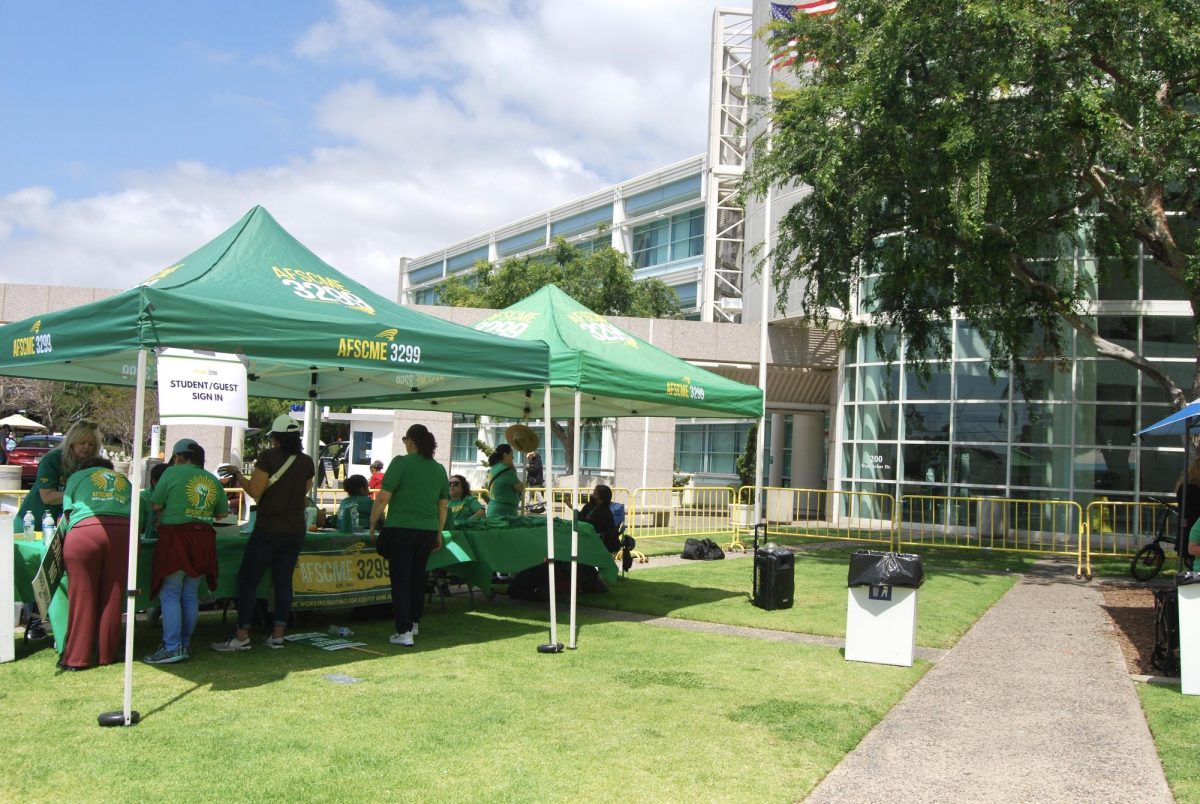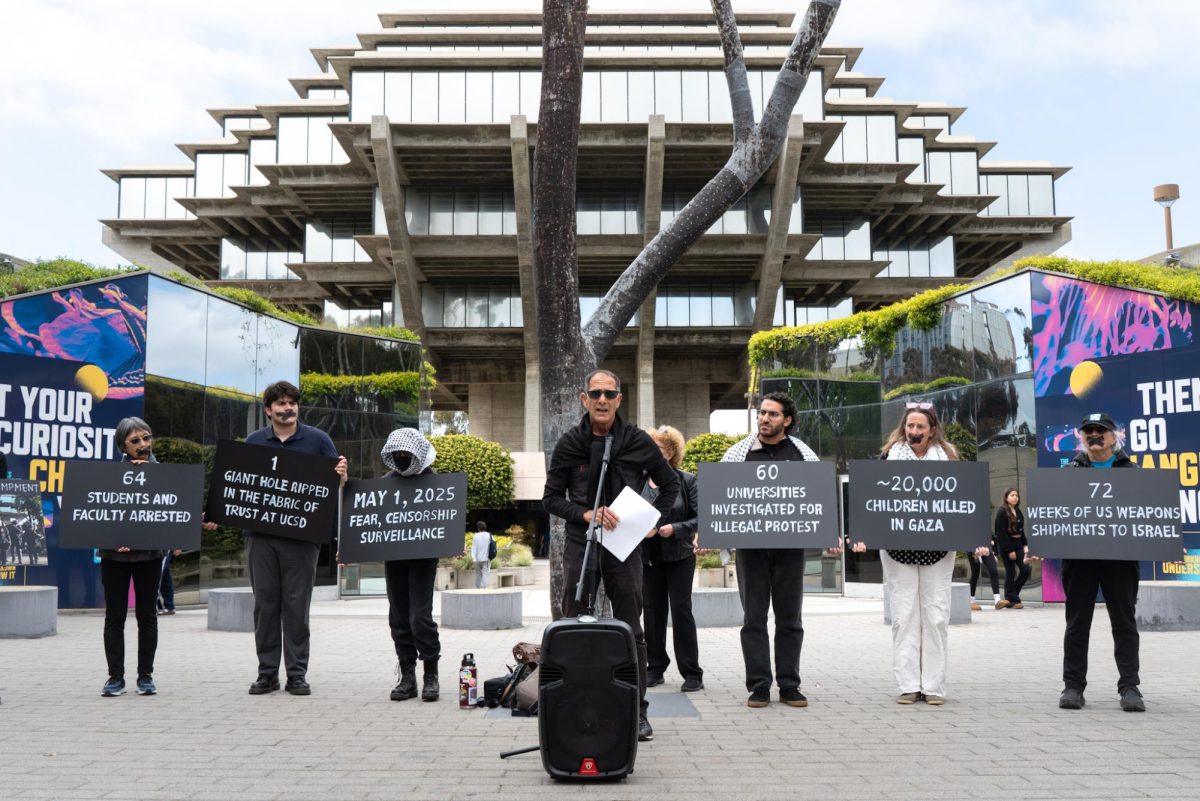Twenty-three organizations and 521 University of California alumni submitted a petition to UC President Janet Napolitano last Wednesday demanding that she formally adopt the U.S. Department of State’s definition of anti-Semitism. The petition is a response to multiple reported anti-Semitic incidents that have occurred across the various UC campuses.
For instance, vandals defaced a UC Davis fraternity house with anti-Semitic graffiti last February. More recently, student government representatives at UCLA questioned a Jewish student’s ability to remain unbiased and nearly rejected her nomination to their judicial board until a faculty advisor intervened.
Napolitano told radio station WBUR that while she agrees with the petition’s main request, instituting such a change is ultimately in the hands of the UC Board of Regents.
“I have my own personal view, and my personal view is that we should [adopt the State Department’s definition], but I think the Board of Regents has to resolve that as a policy for the University of California,” Napolitano said.
The State Department’s definition identifies anti-Semitism with regard to Israel when the actions in question demonize or delegitimize the state. This could range from using symbols associated with anti-Semitism to characterize Israel or Israelis or drawing comparisons between Israel’s public policies to those of the Nazi regime, among others.
The petition also calls for UC chancellors to train faculty and staff to identify anti-Semitic behavior and to appropriately address anti-Semitism on their campuses. In addition, the petition charges UC chancellors with educating each of their respective campus communities about anti-Semitic discrimination. Supporters of the petition hope that the measures, if implemented, will provide greater protection to the Jewish community.
Thurgood Marshall College junior and incoming A.S. VP External Affairs Krystl Fabella told the UCSD Guardian that she supports the cause because students should not feel disadvantaged or unwelcomed in any situation on campus on the basis of personal differences.
“A student should never have to be concerned that their faith, religious and cultural background, ethnicity, sexual orientation will jeopardize a position they are applying for, an [organization] they want to join or their safety and freedom to express themselves at UCSD,” Fabella said. “I will [see] that we relay strict guidelines to make sure the Associated Student government and other student [organizations] are not exercising any discriminative forms of recruitment or membership processes.”
While Fabella expressed approval of the initiative, she added that it should not infringe upon students’ freedom to have diverse political opinions by promoting one faith over another.
“It is important we do not allow [the petition] to misconstrue or condemn political activities of students who have the freedom to oppose foreign policies and take stances on the Israel-Palestine conflict,” Fabella explained. “At the same time, we must take all measures to make sure students are not targeted, discriminated against nor ever feel isolated as a community by the UC [system] because of their religious affiliations.”
The regents will vote on whether to adopt the State Department’s definition of anti-Semitism at their next board meeting in July.








